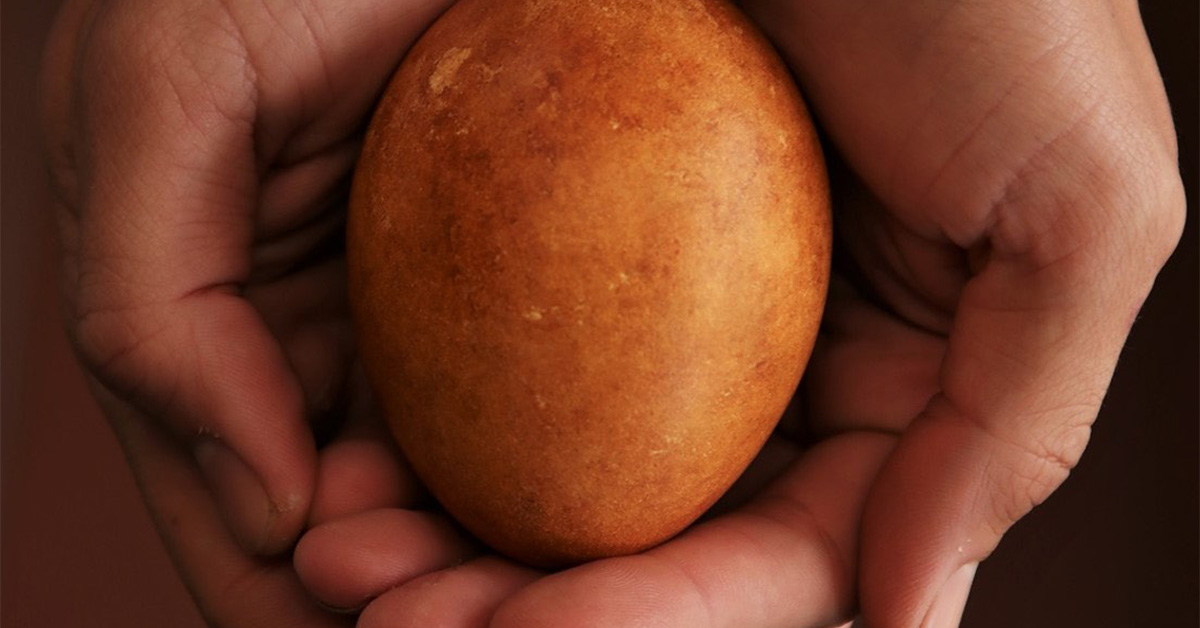

Dr C. Hugo Herfst, OblSB, is an Associate Fellow of the KLC and a Benedictine Oblate affiliated with Mt Saviour Monastery in Upstate New York, who lives in Guatemala with his wife, Jackie.

In pondering the nurture of nature, how often do we stop to appreciate the gift of time as an integral part of creation? In the pragmatic West, time is money, time is something that we can save or waste. It need not be that way, and indeed, in other cultures, it is not. The African observation is telling: “Westerners all have watches on their wrist, but no one has any time!”
Interestingly, time was created as an integral part of the process that established the cosmic temple where God came to dwell. Day and night, light and darkness are skilfully woven into the creation account, culminating – not in the creation of human beings – but in a cosmic shabbat where God’s shalom is enjoyed by the entire created order.
During the recent lockdowns, normal rhythms of gathering for public worship, work, eating out or taking regular trips to the supermarket were disrupted. Many of us felt that every day was “blursday.” Time morphed into a monotonous mixture of minutes where the clock marked seemingly anonymous hours. Time appeared to stand still.
Yet, through the lockdown, each day dawned anew. The sun’s rays lit up our rooms, our homes and our communities. Then, gradually, the shadows lengthened and once again, we were plunged into a darkness that we could not resist. Spring birds arrived on cue. Flowers bloomed. Apples ripened. Time did not stand still after all.
Time can be a cruel taskmaster that makes impossible demands. We need to ask ourselves, however, whether or not the demands that we attribute to time are actually self-imposed.
Alternatively, time can be a life-giving gift.
Following the psalmist, St Benedict suggests structuring our lives around the gift of time: “Seven times a day I praise you for your righteous ordinances” (Ps 119:164). Through the Liturgy of the Hours, of which the psalms form the backbone, Benedict invites us to enter into a different relationship with time and to experience the presence of God through a balance between work, study and particularly, prayer as opus Dei. Setting aside specific times for prayer sanctifies the rest of time as the experience of the presence of God spills over into our times of work and leisure.
In addition to both Old and New Testament passages, all 150 psalms are read over a two- or four-week period. Scripture seeps into our consciousness slowly, steadily, as it shapes our heart’s desires, attitudes, longings, or confronts our lethargy throughout the day and night.
Benedictine prayers highlight the relationship between prayer and time. Consider the following examples:
At Terce (9 am):
All holy Father, at this hour when the Spirit came down on the apostles, we ask your help to live throughout this day the love they proclaimed, through Jesus Christ our Lord.
At Sext (12 noon):
Father, at midday you give us a time of rest; may we accept it gratefully, and be strengthened by it, to serve you and our neighbour through Jesus, the Christ, our Lord.
At None (3 pm):
Lord God, grant that through our work we may provide for the needs of this life, while never losing sight of what is of true value, those things which alone remain for ever and ever.
Structuring our lives to include prayerful rhythms centred on Christ and his Word, reminds us that we live as time-bound creatures in a cosmic story. Created time is truly a gift!
A suggested practice: Whether you use a traditional prayer book or not, consider setting an alarm on your phone that reminds you to pause and pray at specific times of the day. Even a short pause to seek God’s face can make us aware that we live in God’s presence.

Get the latest issue in print or subscribe for the next three.